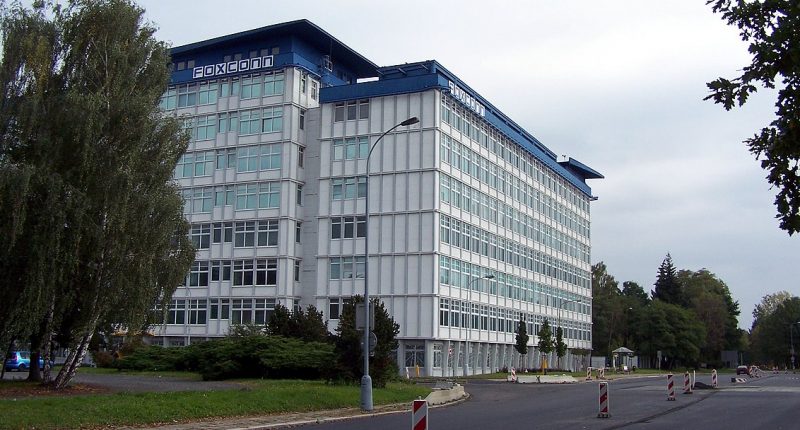With India making an aggressive push into the semiconductor manufacturing space, we are seeing results much earlier than anticipated. While Indian government has been pushing global manufacturers to set up semiconductor manufacturing in the country for some time now, the first real possibility is coming into fruition today. Foxconn, the Taiwanese semiconductor major, mostly known for making iPhones, is setting up a joint venture with Vedanta — an Indian mining giant — to set up semiconductor plant in the country.
According to the MOU signed between the two companies, Vedanta will hold the majority of the equity in the JV, while Foxconn will be the minority shareholder. Vedanta Chairman Anil Agarwal will be the Chairman of the joint venture company.
The global chip shortage isn’t unknown to anyone. As companies compete for the limited supplies coming in from Taiwan and China, countries have seen an opportunity to get into an industry, which has so far been dominated by those two countries. And considering how demand for IoT, VR/AR, smartphones and other consumer electronics is outpacing supply, the current chip shortage isn’t going anytime soon.
India is among those handful of countries, which has all necessary ingredients to leapfrog in semiconductor manufacturing. It has a vastly young and skilled workforce, has presence of major metal companies to provide raw materials, and now also has a massive, $10Bn government incentive to fund such mega factories. The government itself has hence speeded up the process and has been constantly reviewing and approving proposals, at breakneck speed.
In December 2021, India’s federal government had cleared a PLI scheme for semiconductor and display board production in the country targeting an investment of USD 10 Billion over the next five to six years. India Semiconductor Mission (ISM) was also announced recently with the aim to attract large investments for manufacturing facilities in the midst of a global chip crisis.
The Tech Portal is published by Blue Box Media Private Limited. Our investors have no influence over our reporting. Read our full Ownership and Funding Disclosure →






